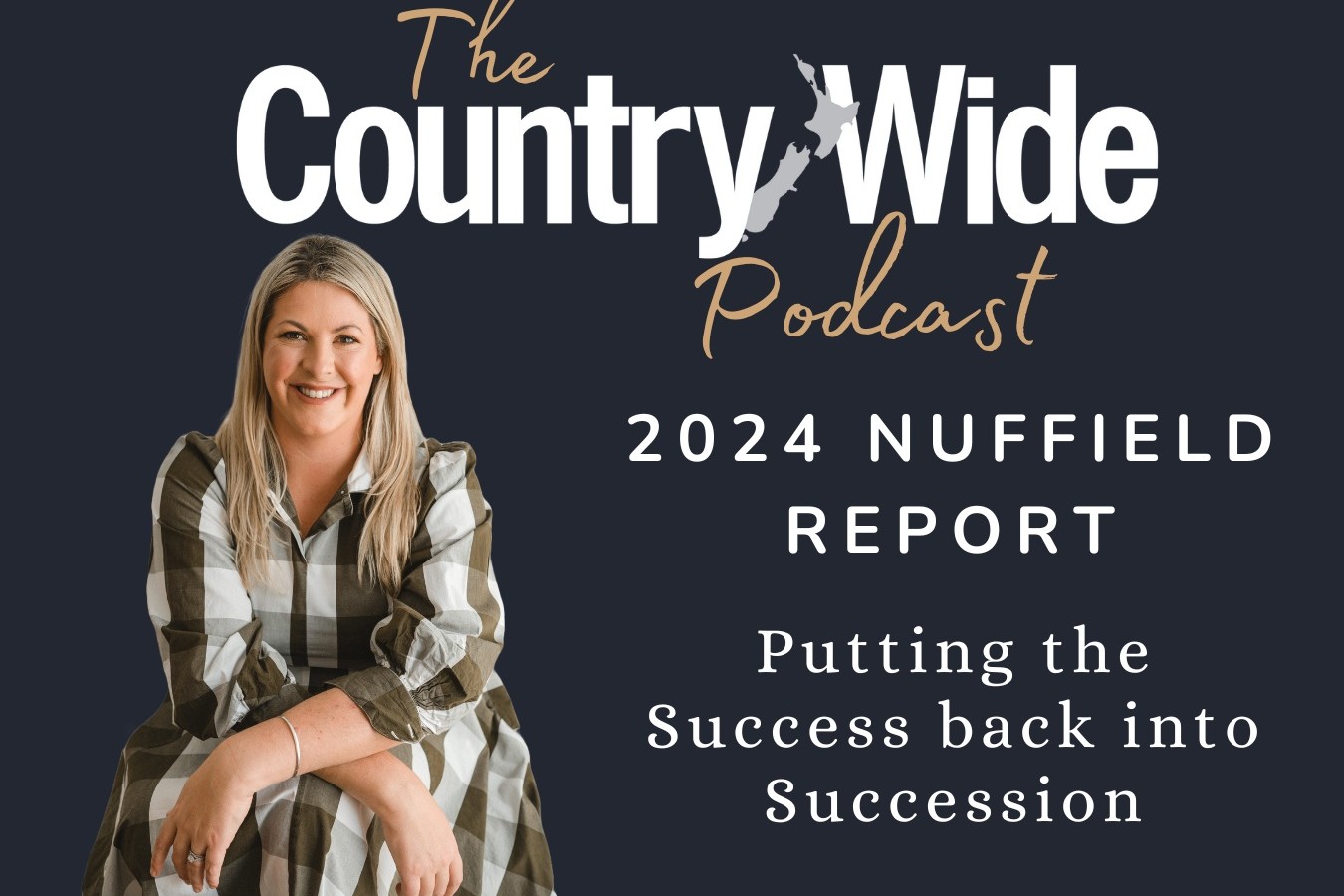Words by Tim Fulton. Photo by Johnny Houston.
Thomas Dwyer had hundreds of kilometres of fences under his belt when he started a fencing and general cartage business nine months ago.
Dwyer and his flatmate James Flower were working on a big Canterbury irrigation scheme at the time, reinstating fences after pipe-laying and fencing off new pump sheds, air valves and other areas.
“I’d like to think I’m a practical-minded, hard-working bloke who wants to make something of myself. The scheme work was good work and good money, but we felt we could do better for ourselves. I rang James and asked him if he wanted to go halves in some gear so we could go out on their own.”
Dwyer, from a farming family, learned fencing on a 10,000-hectare development for Ngai Tahu Farming. Leaning on their shared contracting experience, Dwyer and Flower started FDL Fencing and Transport (FDL) bought a truck for carting silage, then another truck and trailer to keep up with demand. It wasn’t long before debt was paid down and they hired a couple of staff.
Dwyer bought Flower’s share of FDL. Dwyer says there’s been all the usual bumps in starting a new business, like managing cashflow.
“We borrowed money from banks and continue to do so. My parents helped me out personally in October when cashflow hit a wall due to late payments.
“It’s the same for all small startups. Cash is king.”
Other challenges included the recent loss of $10,000 worth of tools after a break-in to his workshop and the discovery last August of Mycoplasma bovis in a small group of calves on a lease block near Rangiora.
FDL worked closely with the Ministry for Primary Industries (MPI) and all calves on the property were destroyed within a week. Complying with an MPI Notice of Direction, the property was completely de-stocked.
“It was hard straight off the bat, three weeks into the business, but we kept soldiering on.”
In mid-February Dwyer was rewarded for perseverance when MPI lifted the official notice, allowing him to buy and rear more calves.
“It’s been a bit of trial with all these things going on but it tells me we’ve got good systems and we can follow through on a quality job and quality service no matter what’s going on around us.”
Dwyer says it’s satisfying to be able to buy out his partner, keep expanding the business and recently hire a senior fencer.
“I’ve gone from sub-contracting myself out to labour hire to making a good wee living.”
New employee, former irrigation scheme workmate, Jordan Andrews-McFarland, fitted DFL’s business model to a tee, Dwyer says.
Dwyer has three business mentors providing ongoing advice: a logistics manager for a large engineering company, another fencing contractor and the owner of a building company. Crucially, like Dwyer, they’ve started a business from the ground up.
Dwyer has also soaked up advice from his self-employed parents. His father, a farm consultant, has helped with employment law and cashflow forecasting, for instance.
Even listening to “random yarns in the pub” has been helpful, he says. “I find everyone’s got something to offer somehow, even in those little comments you think might not add up to much.”
Most of the cartage work until now has been silage contracting and it’s been a great way to get started, Dwyer says.
“Silage can he hard on gear but it’s an excellent test of systems, cashflow and staff capability. And it’s taught us how to put the right person on the right job.”
Dwyer’s advice to others starting a business is to keep busy every day.
“Even if its sub-contracting to someone else, even if it’s working on your business to make things more efficient. Downtime kills small business, so if you’re busy every day, you’ll make it through.”
Dwyer is intent on building a business with the skills, energy and scale to service the South Island. Meantime, he’s enjoying the ride.
“If I had any other advice it would be to
just enjoy what you do.
The business has since been renamed Dwyer Brothers after Thomas’ brother Jack bought into it.




